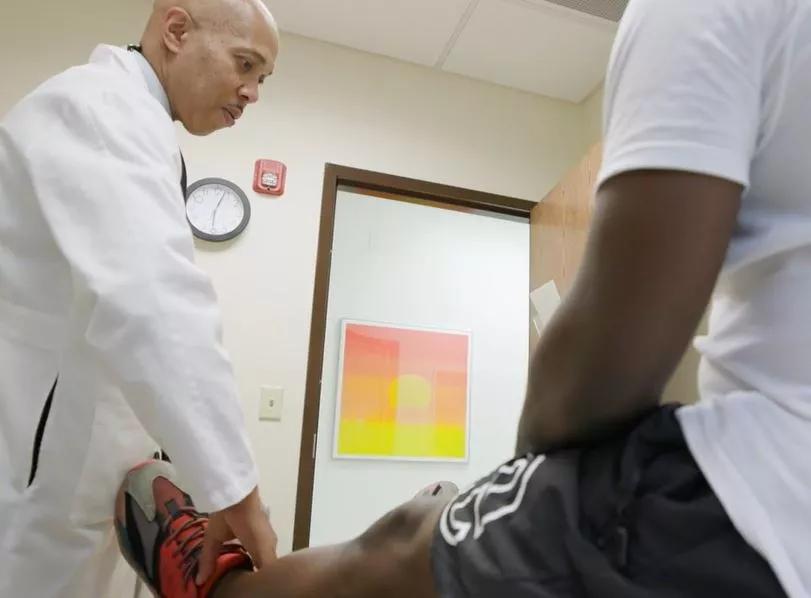As Father’s Day approaches, it is an ideal time to have a conversation with your father about his health. It is crucial to encourage him to schedule a doctor’s visit if he hasn’t been in for a while. Family medicine physician Dr. John Hanicak emphasizes the role that family members can play in motivating their loved ones to prioritize their well-being.
Dr. Hanicak highlights various reasons why someone may delay visiting the doctor, such as being too busy or not thinking their symptoms are serious. However, early intervention is critical in addressing health issues before they become more severe. By encouraging loved ones to seek medical care, individuals can catch potential health concerns early on and improve their overall well-being.
Regular screenings and tests are also essential for maintaining good health. For example, prostate cancer screenings are typically recommended around the age of 50, but those with a family history may need to start earlier. Dr. Hanicak stresses the importance of having open conversations with family members about genetic concerns to ensure proactive healthcare.
Mental health is also essential, and discussing it can be challenging for some individuals. Nonetheless, Dr. Hanicak emphasizes the importance of prioritizing mental well-being by opening up conversations with family members about mental health concerns and supporting each other in seeking necessary care and support.
In conclusion, taking care of one’s health needs to be a priority regardless of whether it is scheduling a routine checkup or addressing mental health concerns. Having conversations with family members about their well-being can lead to positive outcomes and improved overall well-being.
As Father’s Day approaches, take this opportunity to have an open conversation with your father about his health needs and encourage him to prioritize his well-being by scheduling a doctor’s visit if he hasn’t been in for a while, engaging in regular screenings and tests as needed, and discussing any concerns regarding genetic predispositions or mental health with family members openly.



